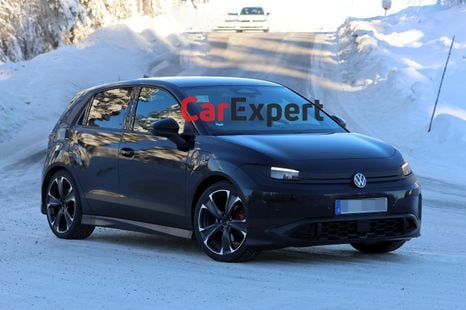

Damion Smy
2026 Volkswagen ID. Polo EV spied along with ID. Polo GTI electric hot hatch
5 Hours Ago
Australia isn't Europe, so don't ban new combustion cars from 2035, says car industry peak body the FCAI in response to a new report.

Senior Contributor
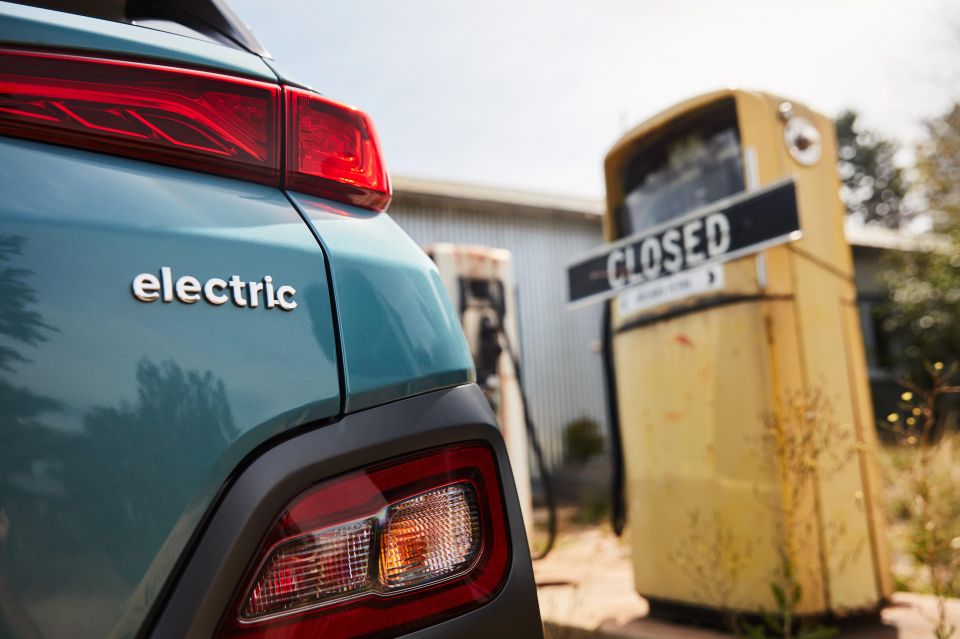

Senior Contributor
The peak representative body for Australia’s car brands has pushed back on suggestions this country should follow Europe’s lead and seek to ban new petrol and diesel car sales beyond 2035.
The Federal Chamber of Automotive Industries (FCAI) has responded to The Grattan Institute’s Toward Net Zero report published this month, which suggested combustion cars should be phased out within 14 years.
Older petrol and diesel cars on roads would not be banned under this proposal, people just wouldn’t be able to buy new non-electric vehicles from this point.

However the FCAI has agreed with other aspects of Grattan Institute’s report, particularly its recommendations for tax reform including the axing of stamp duty, import duty, and luxury car tax on all zero-emission vehicles.
“This report highlights key changes which can be made to increase the take up of electric and hydrogen powered vehicles, and lower Australia’s emissions more broadly,” says FCAI chief executive Tony Weber.
“Many of the policy directions outlined in the report align with policies FCAI has maintained for years, including a reduction in car import charges and the scrapping of the luxury car tax. Tax reform would reduce the cost of electric vehicles in Australia.”
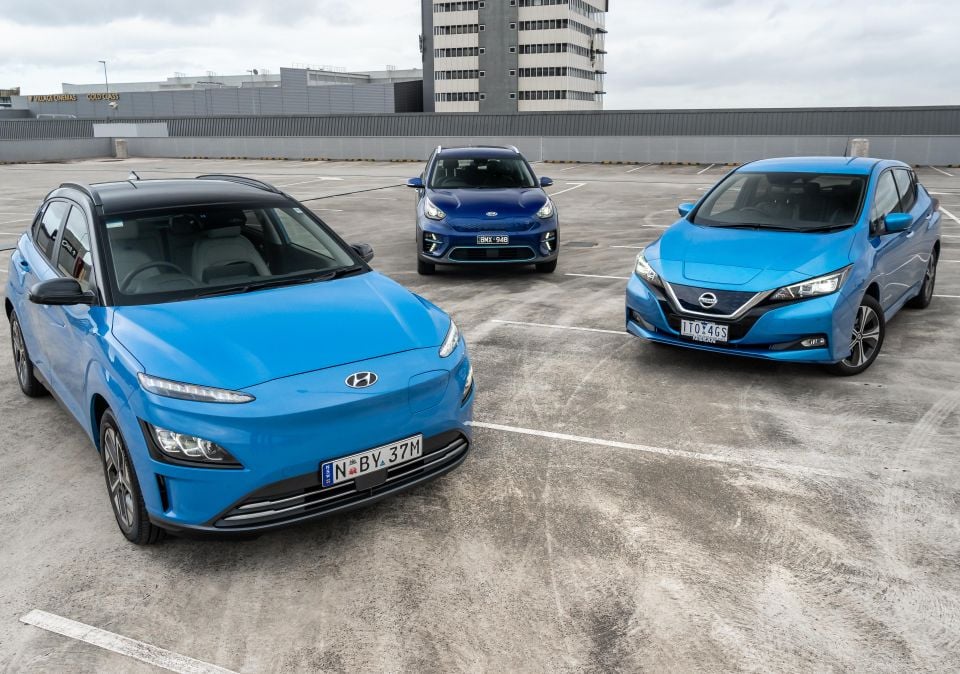
But Mr Weber expressed caution against the report’s call to phase out sales of all new petrol and diesel powered cars by 2035, saying Australia is its own market with its own circumstances.
“This approach does not recognise the significant differences in market preferences across Australia, which is unique among the global markets. Governments should pick targets, not technologies,” he contended.
“Decisions around technology should be left to the experts – the vehicle makers. The aim should be to reduce CO2 rather than give preference to one technology over another.”
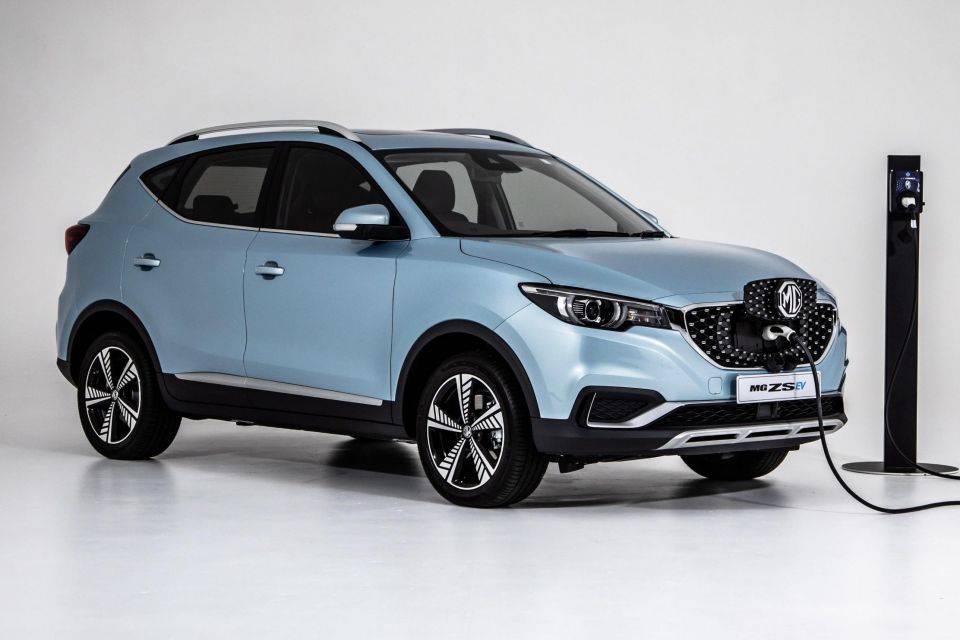
The FCAI’s remit is to lobby on behalf of all the car brands that are paid up members, though naturally there’s often robust conversation and a lack of consensus on which path to travel between the various OEMs that fund it.
Not all car brands necessarily agree in full with the FCAI’s position. It’s also not clear to what degree the FCAI sees combustion vehicles cutting CO2 beyond 2035, though it has previously pledged that its members will halve emissions by 2030.
Let’s backtrack for a minute and sum up the Grattan Institute’s recommendations.
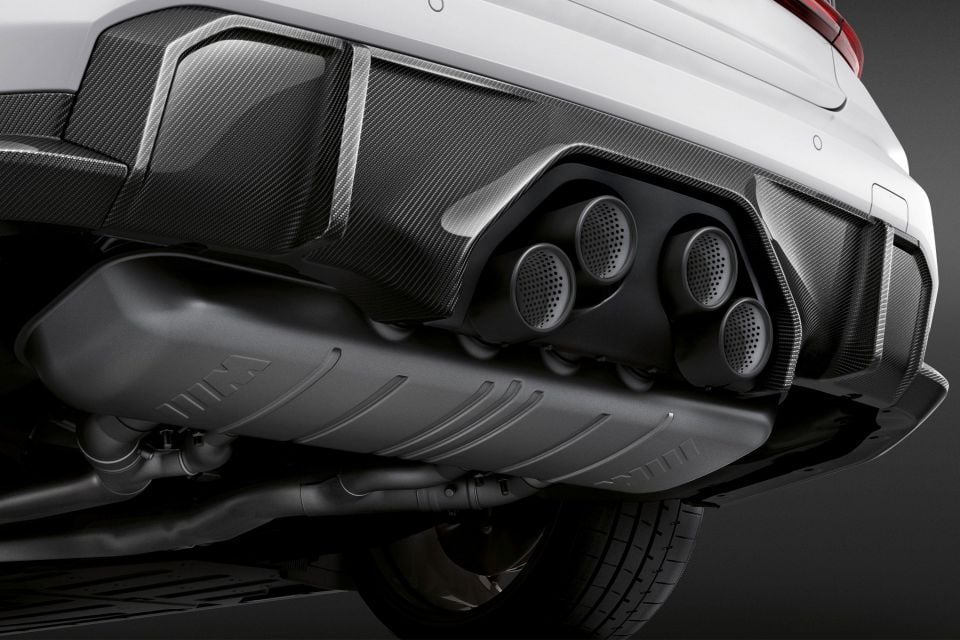
“The transport sector is responsible for nearly 20 per cent of Australia’s emissions, and more than 60 per cent of transport emissions are from light vehicles,” the report found.
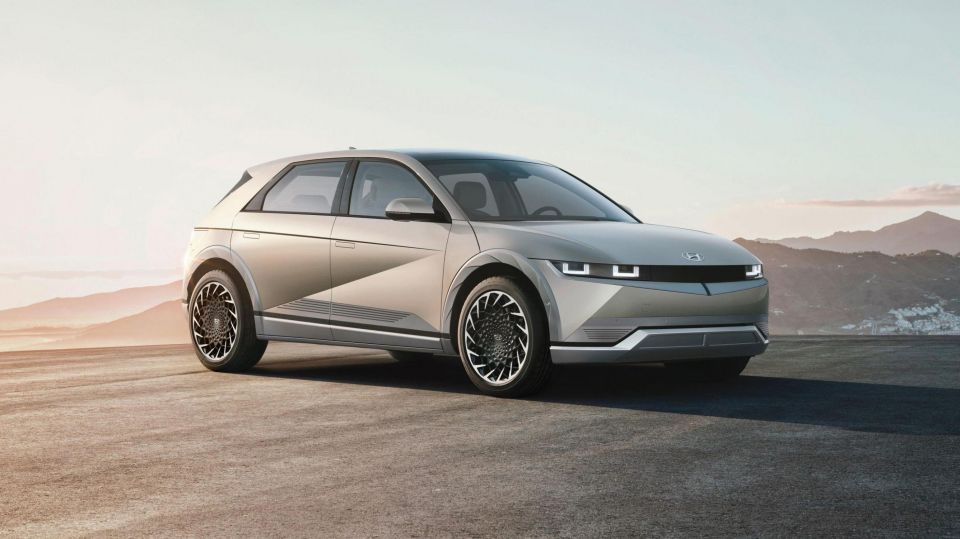
“… The best way to cut transport emissions is to switch to zero-emissions vehicles, mainly battery electric vehicles, in the light vehicle fleet.
“The range, performance, upfront price, and total ownership costs of zero-emissions vehicles are rapidly improving. But relying on technology and market forces alone won’t be enough to get on track for net zero by 2050.
“The vehicle fleet takes more than 20 years to replace; any new petrol and diesel cars sold in the 2030s could still be in use after 2050.
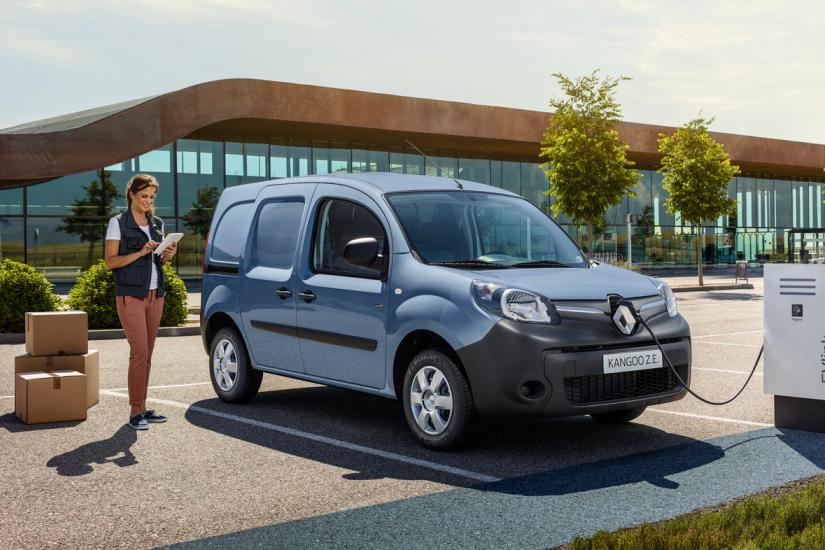
“Australia needs a national fleet emissions standard for new passenger and light commercial vehicles, and the standard should tighten to zero emissions by 2035.
“This would signal an end date for the sale of new petrol and diesel light vehicles, consistent with other major economies and with International Energy Agency advice.
“And it would encourage car manufacturers to supply low- and zero-emissions vehicles that meet Australian consumers’ range and performance demands.
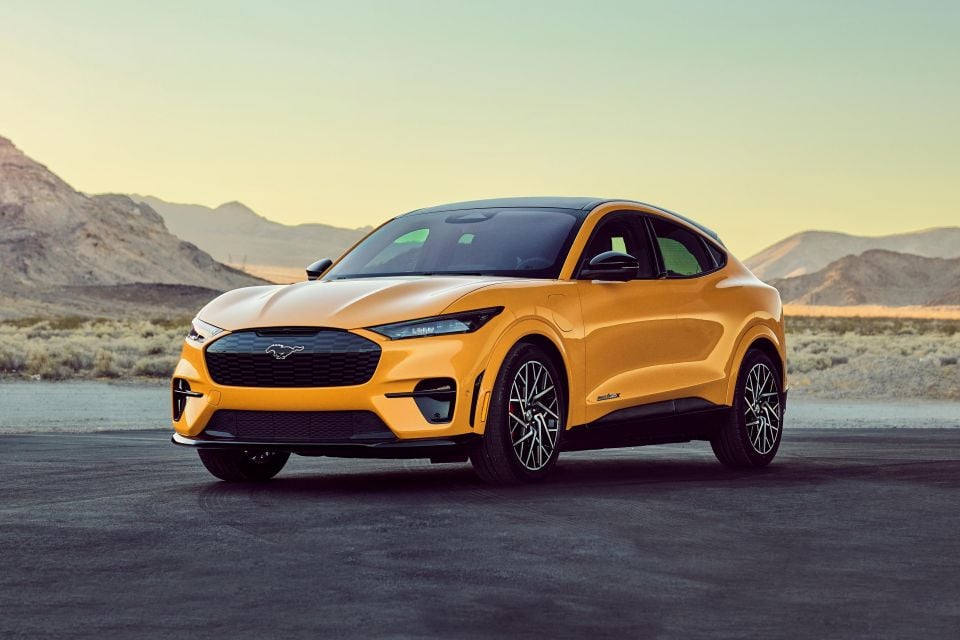
“Governments should encourage a thriving market for zero-emissions vehicles by exempting them from inefficient taxes such as import duties, luxury car tax, and motor vehicle stamp duty.
“They should ensure drivers across the country have somewhere to charge electric models.”
The Grattan Institute’s sources of support include the Australian Government, Victorian Government, the University of Melbourne, BHP, and National Australia Bank.
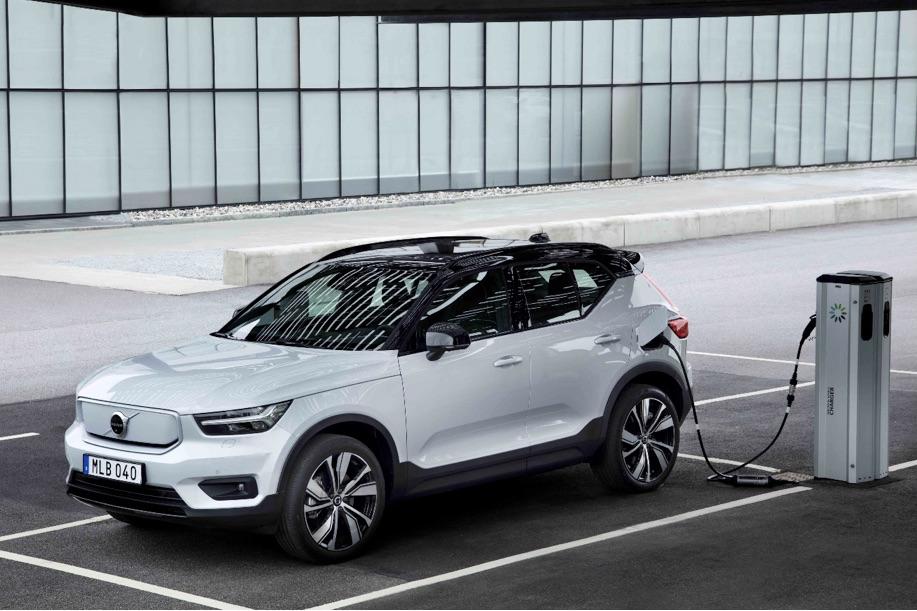
It’s no secret EV market penetration – growing though it is – remains low in Australia.
While various State and Territory governments have announced their own EV support packages, there remains much industry frustration over the lack of cohesive national policies.
You can catch up on the issue at the links below.
MORE: Europe plans to ban petrol, diesel and hybrid new cars from 2035 MORE: Australian electric vehicle launch calendar MORE: Emissions targets explained, Q&A with FCAI chief Tony Weber MORE: Australia-wide EV policy needed to avoid ‘chaos’, says FCAI MORE: NSW announces sweeping electric-vehicle stimulus package MORE: Ford CEO calls out Australia for lack of EV infrastructure MORE: Victoria commits to electric car subsidies, 2030 sales target MORE: Victoria’s ‘worst EV policy in the world’ slammed MORE: Northern Territory commits to electric car incentives MORE: Australian industry keeps calling for new government CO2 targets MORE: ACT moving public-servant fleet to EVs, will slash running costs MORE: How Australia’s federal opposition proposes to slash EV prices


Damion Smy
5 Hours Ago
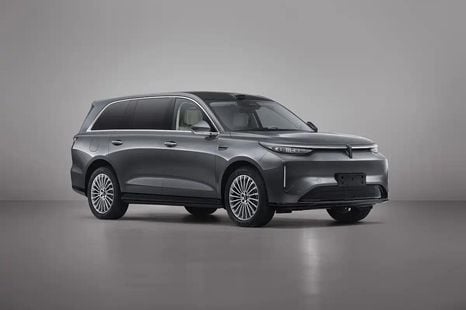

William Stopford
6 Hours Ago
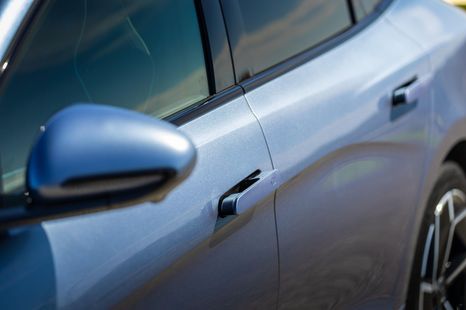

Damion Smy
9 Hours Ago
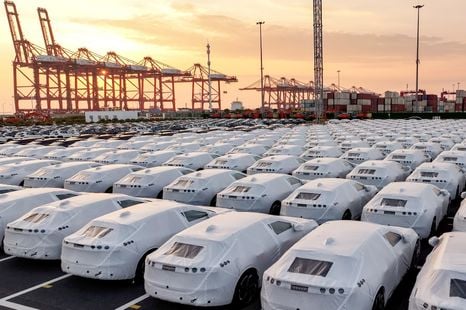

Ben Zachariah
9 Hours Ago
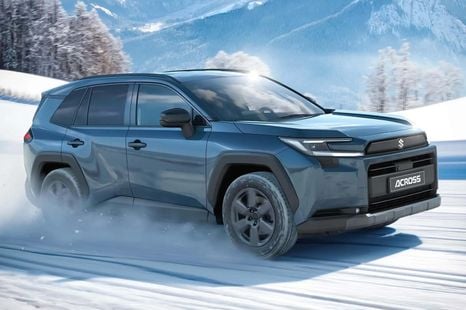

Damion Smy
10 Hours Ago
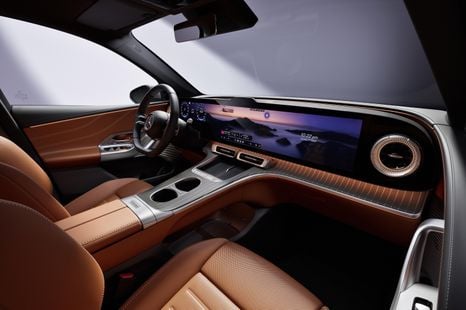

William Stopford
10 Hours Ago
Add CarExpert as a Preferred Source on Google so your search results prioritise writing by actual experts, not AI.